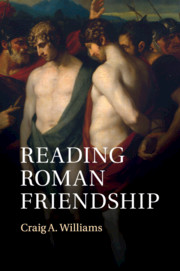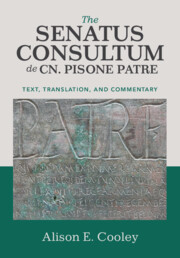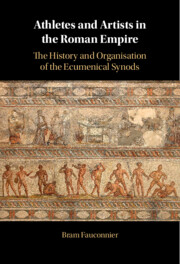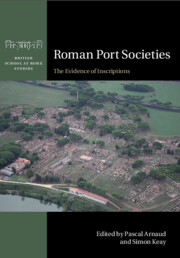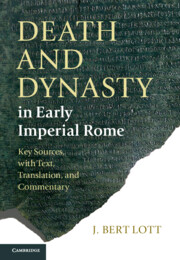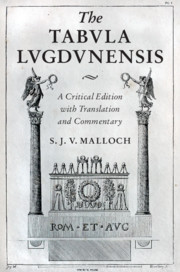Reading Roman Friendship
- Author: Craig A. Williams, Brooklyn College, City University of New York
- Date Published: November 2012
- availability: This ISBN is for an eBook version which is distributed on our behalf by a third party.
- format: Adobe eBook Reader
- isbn: 9781139786171
Find out more about Cambridge eBooks
Adobe eBook Reader
Other available formats:
Hardback, Paperback
Looking for an inspection copy?
Please email [email protected] to enquire about an inspection copy of this book
-
This book invites us to approach friendship not as something that simply is, but as something performed in and through language. Roman friendship is read across a wide spectrum of Latin texts, from Catullus' poetry to Petronius' Satyricon to the philosophical writings of Cicero and Seneca, from letters exchanged by the Emperor Marcus Aurelius and his beloved teacher Fronto, to those written by men and women at an outpost in northern Britain. One of the most innovative features of this study is the equal attention it pays to Latin literature and to inscriptions carved in stone across the Roman Empire. What emerges is a richly varied and perhaps surprising picture. Hundreds of epitaphs, commissioned by men and women, citizens and slaves, record the commemoration of friends, which is of equal importance to understanding Roman friendship as Cicero's influential essay De amicitia.
Read more- Interprets Roman friendship with attention to gender
- Discusses not only literary texts but burial practices and epitaphs, giving readers a fuller picture of Roman culture than they can obtain from reading Latin literature alone
- Avoids overly technical language and translates and explains all Latin texts in a smooth and readable style
Reviews & endorsements
'Williams demonstrates convincingly that the epigraphical and literary texts construct substantially different pictures of how friendship was negotiated and conceived in ancient Rome, not least in respect to gender and class relations. It is not too much to say that Williams' careful attention to inscriptions, along with his sensitive interpretations of literary and philosophical texts, will transform in fundamental ways the prevailing conception of Roman amicitia … It is scholarship at its best, and anyone interested in ancient Roman friendship will want to read it.' Sehepunkte
See more reviews'Williams is an exceedingly capable scholar, and he has produced a cogent study of Roman friendship that will enrich and challenge the way that we read, and have read, the past. One that will in turn, no doubt, also make us question our present.' Arctos
Customer reviews
Not yet reviewed
Be the first to review
Review was not posted due to profanity
×Product details
- Date Published: November 2012
- format: Adobe eBook Reader
- isbn: 9781139786171
- contains: 14 b/w illus.
- availability: This ISBN is for an eBook version which is distributed on our behalf by a third party.
Table of Contents
Introduction: reading Roman friendship
1. Men and women
2. Love and friendship I: questions and themes
3. Love and friendship II: authors and texts
4. Friendship and death: the culture of commemoration.
Sorry, this resource is locked
Please register or sign in to request access. If you are having problems accessing these resources please email [email protected]
Register Sign in» Proceed
You are now leaving the Cambridge University Press website. Your eBook purchase and download will be completed by our partner www.ebooks.com. Please see the permission section of the www.ebooks.com catalogue page for details of the print & copy limits on our eBooks.
Continue ×Are you sure you want to delete your account?
This cannot be undone.
Thank you for your feedback which will help us improve our service.
If you requested a response, we will make sure to get back to you shortly.
×
